Mark Zuckerberg calls for a “Universal Basic Income”
By Dr. Mark Hendrickson
(Guest blog submission)
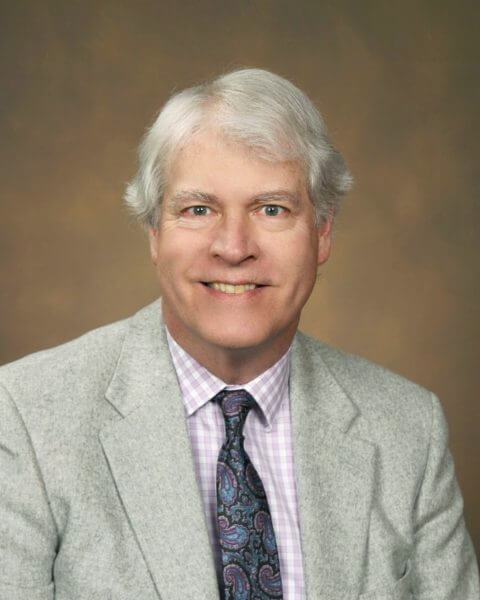
Zuckerberg (whom some suspect of laying the groundwork for a run at high political office) enthusiastically espouses the progressive doctrine of meliorism—the doctrine that it is the federal government’s role to make life easier for Americans, whether by making it easier to vote or easier to afford whatever they want to do. To accomplish the latter goal, Zuckerberg proposed a “universal basic income” (UBI) whereby the federal government would disburse the same living allowance to every adult American.
The idea of a UBI has been around for decades. Some view it as a way to eliminate severe poverty in America. As one who agrees with Dr. Ben Carson’s recent controversial statement that poverty “is a state of mind,” and in light of the fact that the crux of the poverty problem is the decline of marriage and intact families, the materialistic view that giving money to people is a cure for poverty is simplistic and inaccurate.
The reason Zuckerberg cited for favoring a UBI is that he anticipates a mushrooming of great new businesses if young people could take time to hatch enterprises without having to worry about earning a paycheck to make ends meet. It strikes me as “pie in the sky” to dream that a large number of Americans would create successful businesses if only Uncle Sam would subsidize their living expenses.
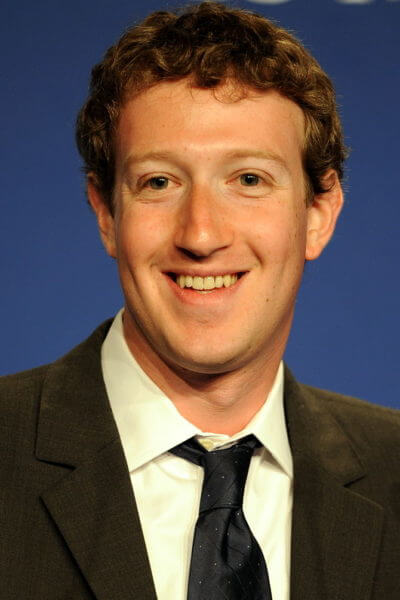
One interesting aspect of UBI is that the idea has advocates from the conservative/libertarian end of the economic spectrum. Two notable proponents have been the late Milton Friedman and the American Enterprise Institute’s Charles Murray. Those eminences reject the progressive notion that “good government” is based on redistributing income; they simply believe that a UBI is a distasteful expedient (sort of like anti-drug libertarians who recommend the legalization of dangerous “recreational” drugs regard that policy as the lesser of two evils). There isn’t space to debate whether a single monthly government check issued to every adult would be cheaper and less disruptive than the existing multiplicity of government welfare programs. Instead, let’s look at the problems that would or could attend a guaranteed basic income.
First, while Murray wants a UBI in place of all current federal assistance programs, including Social Security and Medicare, Zuckerberg appears to want to add yet one more entitlement to the current menu. Since the present system of entitlements has put Uncle Sam $20 trillion in the hole, a whopper like a UBI would put us on the fast train to bankruptcy.
Politically, the UBI would be the most unrepealable entitlement ever. With only the minority of voters earning above a certain amount paying for it, it would be an irresistible temptation for the majority on the receiving end to vote for an ever-larger allowance.
Economically, a UBI would discombobulate the structure of wages that coordinates the labor market and incentivizes individuals to acquire additional skills. A UBI would impede economic growth by enabling workers to remain in minimum-wage jobs instead of moving up the economic ladder and making room for younger Americans to take low-skill jobs.
Socially, a UBI would be disastrous. The glue that holds a society together is the social division of labor. We already have the problem of more than 10 million healthy men in their prime years having dropped out of the labor market. They consume wealth that others have produced without making any contribution to the production of wealth. A UBI would facilitate such lifestyle choices, leaving us with a society in which those who work bear the burden of supporting those who choose not to work. If you have to ask, “What could possibly go wrong?” then you don’t know history.
Spiritually and psychologically, for grown men not to have to strive to overcome challenges is to leave their potential untapped, their character undeveloped, and their sense of purpose and fulfillment unknown. What a waste. Two things I have observed in my lifetime: 1) human beings need to work; and 2) easy lives can be tragically blighted lives.
In conclusion, I admire Mark Zuckerberg in many ways. I know he hopes to help others as he already has in some very tangible ways, but his progressive dreams and delusions have the potential to more than offset the good he already has accomplished.
(Guestblogger Dr. Mark W. Hendrickson is an adjunct faculty member, economist, and fellow for economic and social policy with The Center for Vision & Values at Grove City College.)



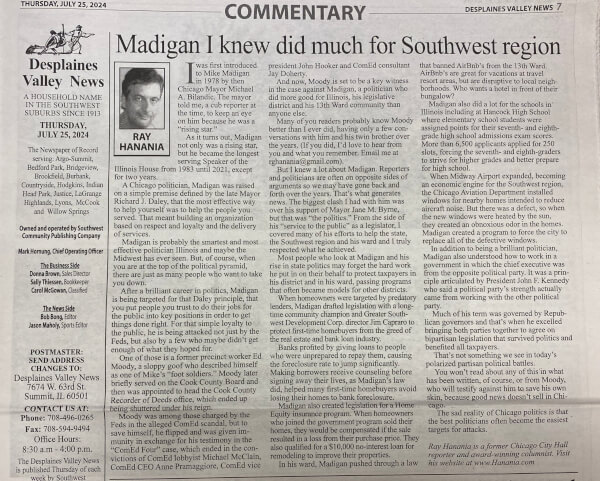


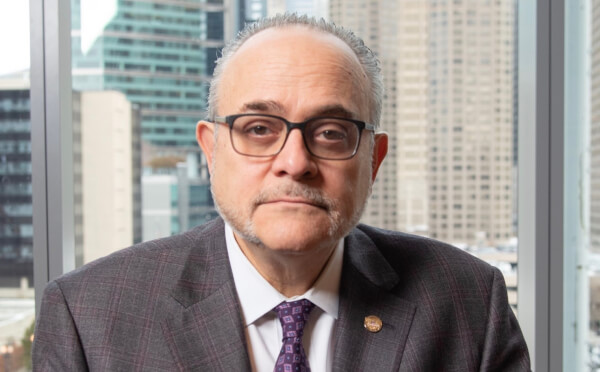
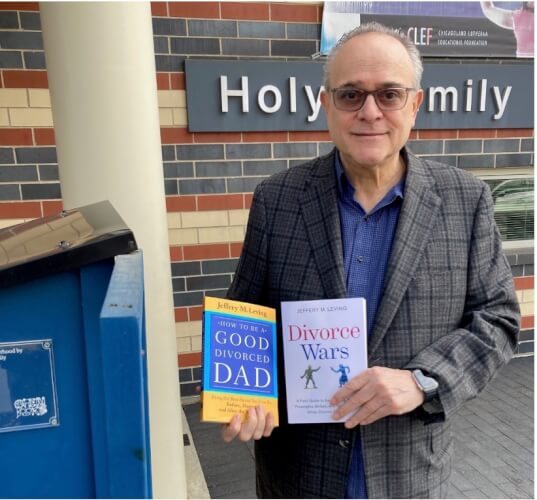
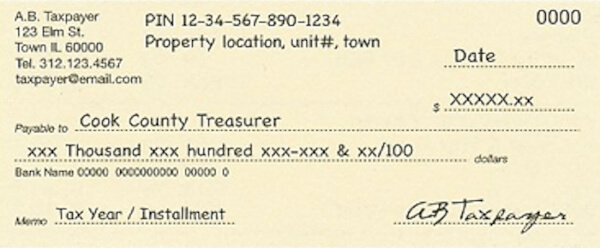
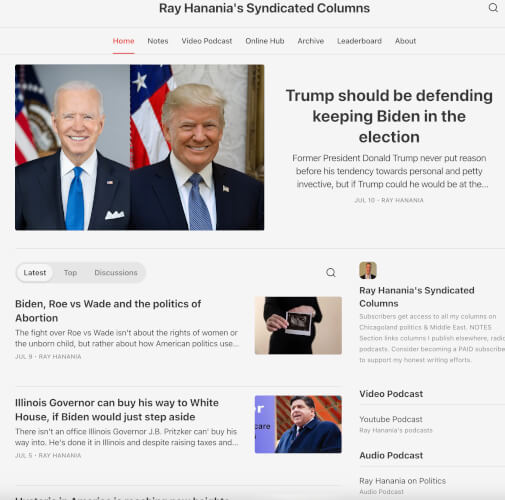
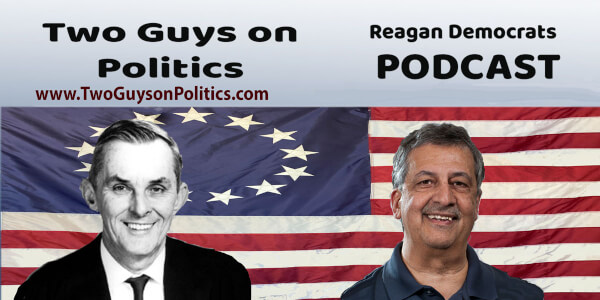

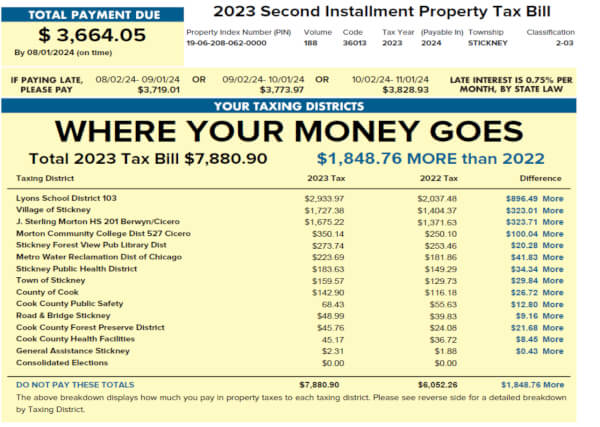









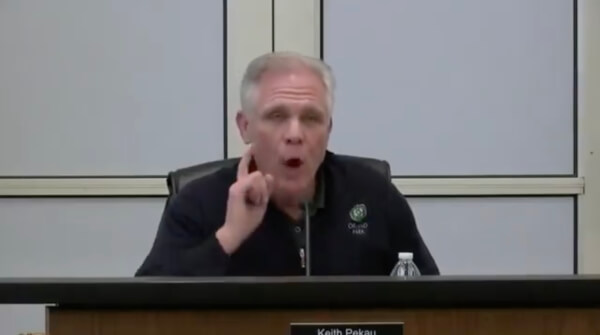



Then MZ is welcome to pay for it. Personally I cannot stand the idea that some have to work while others do not. But, if MZ feels otherwise, then nothing is keeping him from putting his own money where his mouth is.